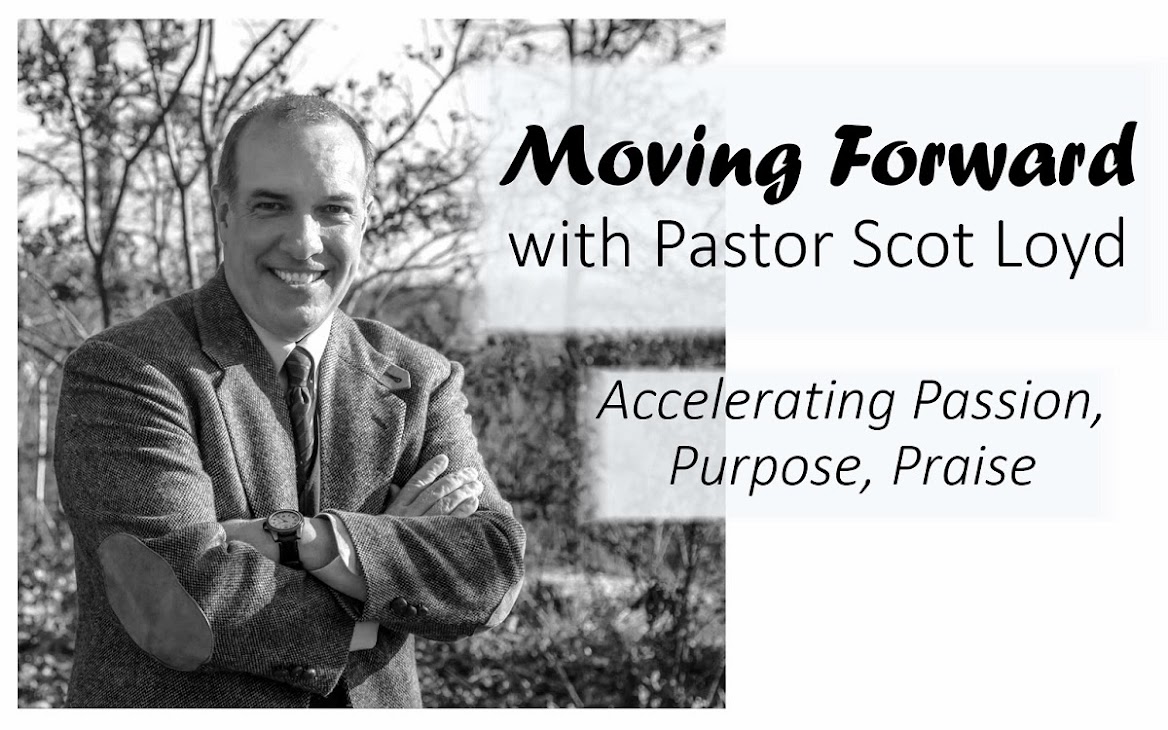The Apostle Paul gives this warning
in Galatians 5:15: “But if you bite and devour one another; take heed that ye
be not consumed one of another.” (KJV) I recently heard a minister at a
national pastors’ conference call another minister an “idiot” for subscribing
to a different philosophy of practical pastoral ministry. Thankfully, I later
learned that the two men exchanged apologies and the hosting church also issued
an apology. Perhaps those involved learned a lesson that won’t be repeated. But
if there is a larger lesson to be gleaned from this incident, it is this: our
words matter. And the words of pastors and preachers really matter. It has been observed that in the Internet
age our words are “instant, global, and eternal.” What is said in a momentary rush
of emotion can have lasting consequences.
"This practice increasingly inspires a culture that has to raise the bar of rhetoric in the pulpit to solicit the same desired response – namely, an emotional frenzy."
I happen to come from a
denominational background that emphasized the emotions and downplayed the
intellect. I even heard a sermon one time entitled “Take leave of your senses.”
No doubt the intentions of these pulpiteers were noble, motivated by desire to
motivate a congregation to greater depth. But at what price? This practice
increasingly inspires a culture that has to raise the bar of rhetoric in the
pulpit to solicit the same desired response – namely, an emotional frenzy. To
be clear, God expects us to respond to Him emotionally. He created us as
emotional beings, and unnaturally suppressing our emotions in worship denies
who He made us to be. But it is also error to unnaturally arouse these emotions
without the guidance of the mind that God has given us. Jesus clearly taught
that we are to love God with “all your heart, with all your soul, and with all
your mind.” (Matthew 22:37 ESV)
"We should engage the mind with the truth of the gospel and the power of the Word of God. Instead of emptying our minds of thought, we should seek to fill our minds with God’s thoughts as communicated to us in the Bible."
So how do we do this? We should
engage the mind with the truth of the gospel and the power of the Word of God.
Instead of emptying our minds of thought, we should seek to fill our minds with
God’s thoughts as communicated to us in the Bible. Mark E. Moore is helpful on
this point, writing, “This idea of emptying the mind is foreign to Christian
thought. It has much more in common with pagan practices…that often open the
door to demonic influences.” Pastors and preachers will be better served to
stick with the proclamation of the gospel. The gospel of Christ keeps us
centered in Him. It helps us avoid these missteps that lead us to seek a
response instead of trusting that the only meaningful response is the approval
of the one who has called us to be a faithful herald.
In the days before instant
communication, a herald was a man commissioned by the king to travel to every
community and proclaim the king’s message. The message could be good news or
bad news depending on the disposition of those receiving the message, but under
no circumstances did the herald speak for himself. Instead, he always
faithfully represented the message of the king. Jesus has called us to be
heralds of His message, not ours. Personal vendettas and self-glorifying
opinions crafted to solicit an emotional response should not be found in our
pulpits. Rather, let us faithfully proclaim the glorious gospel of Christ in a
way that stirs our affections, calls us to repentance, and casts light on the
glory of Christ alone. If this becomes our aim, the biting and devouring of one
another can be replaced with the praise of Christ and the building up of one
another in Him.


No comments :
Post a Comment